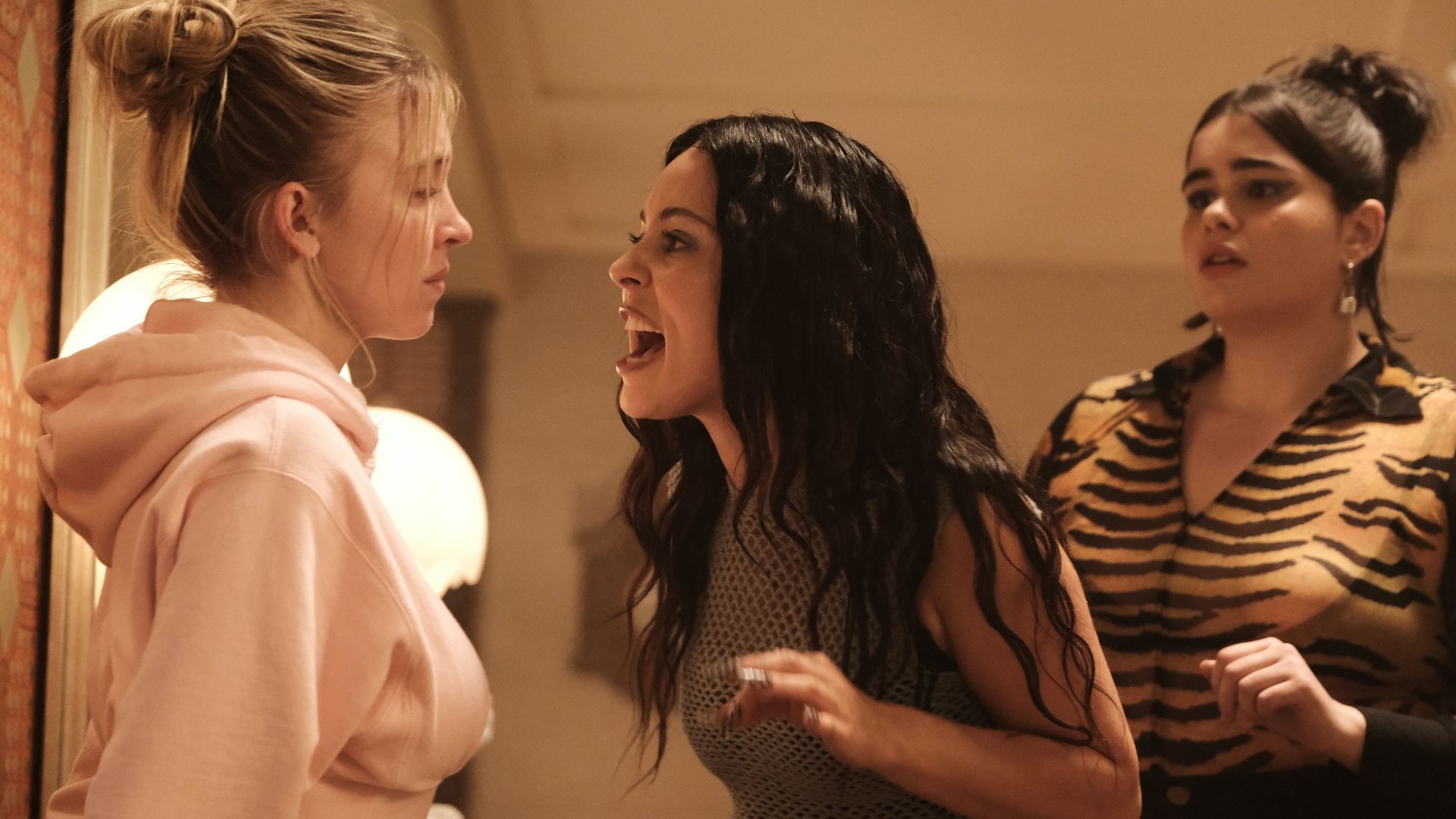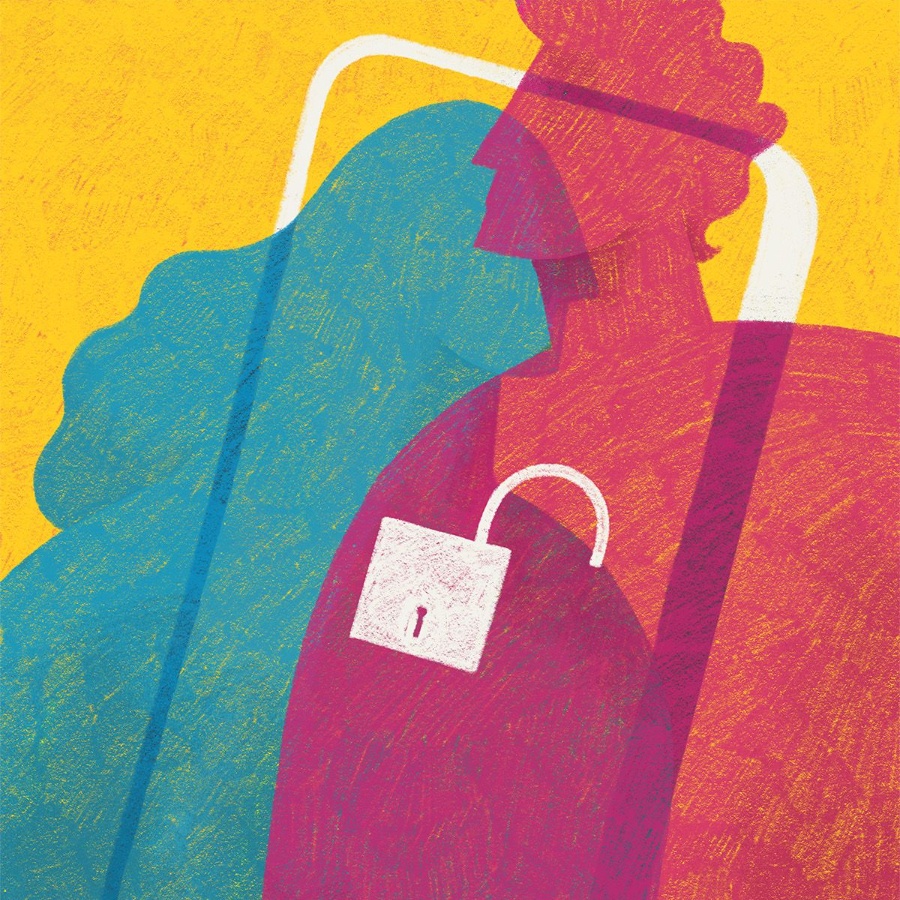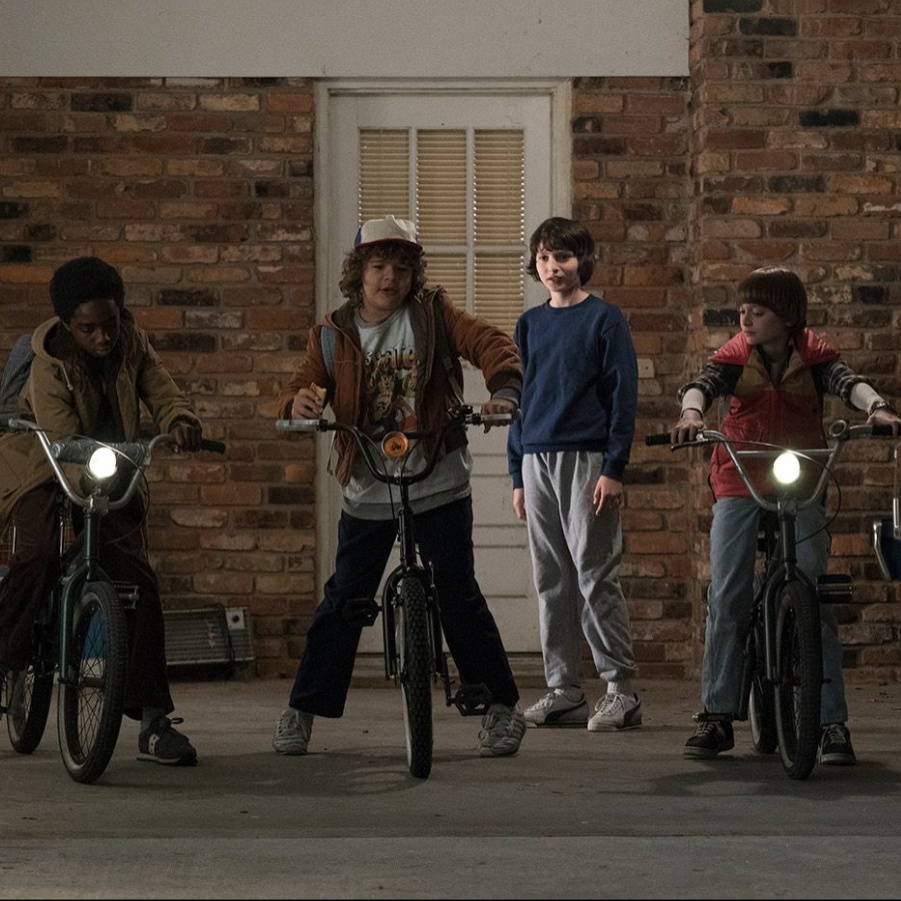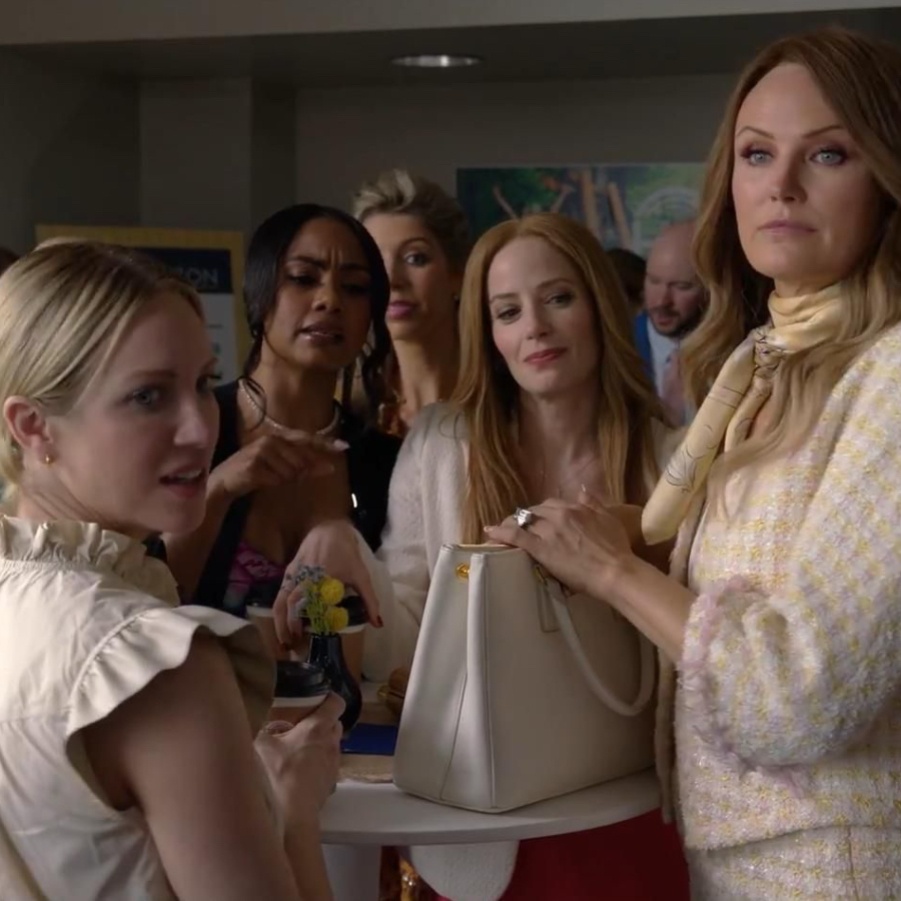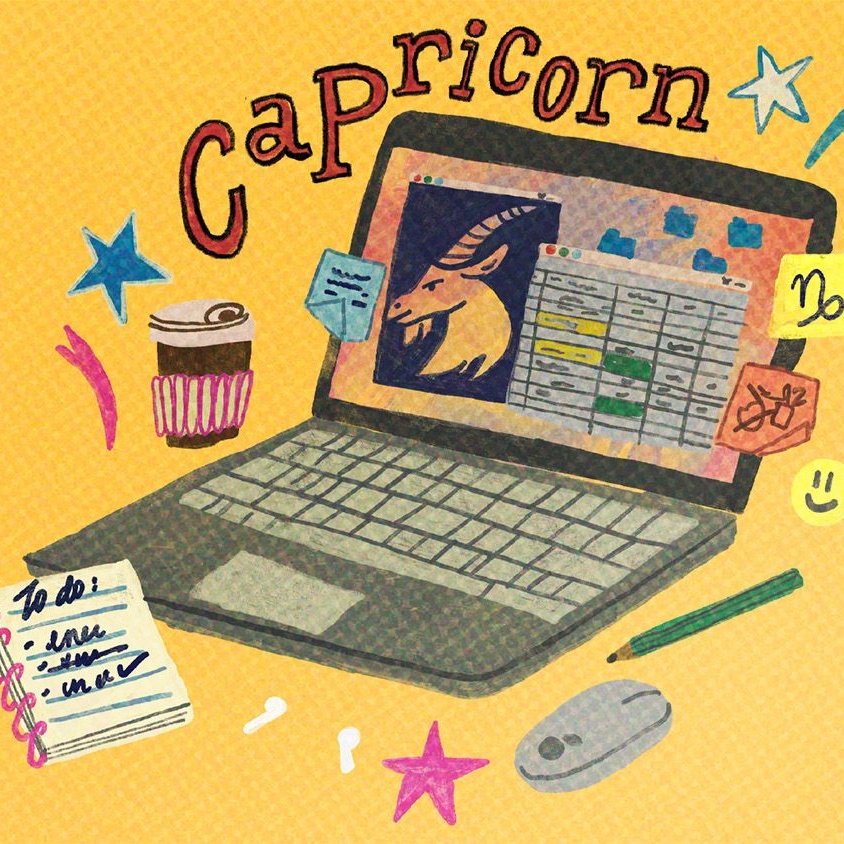To everyone else, it was a regular traffic-filled, rainy evening in Bengaluru, but I’ll remember it for years. Stuck in an unmoving cab and tired of my usual Instagram feed, I opened LinkedIn and almost instantly felt my heart sink. No, you don’t get it; it was like a brick was lodged in my throat. Staring me in the face was a work achievement that my ex-best friend had shared.
It had been eight long, cathartic months since we stopped being close friends IRL and online—wiped off each other’s social media like ghosts that never existed. Well, except on LinkedIn, and suddenly that breadcrumb update left a spanner in the works. I was sure I had made peace with us being strangers now, but all I could think about in that moment was how safe she made me feel in college, in a country that wasn’t home. How she made my birthday among the most important days of her year. How this one time, she stayed up with me all night because I was convinced it was going to snow at 3 am and we couldn’t miss it.
In a previous world, this was my most prized relationship and, in that moment, that’s all I could think of. I forgot all about how she ghosted me for months and sent me an unsentimental “happy birthday (insert awkward emoji)” text after. I also forgot about the days (yes, plural) I spent bawling, journaling, wondering, begging for an explanation. Nope, at that very moment all I wanted to do was take a flight to her and figure it out.
I know this sounds like the dramatic plot of a cheesy Netflix drama, except it’s usually about a romantic relationship, not a friend. Adele, Taylor Swift, and Olivia Rodrigo have sung ballads about reconnecting with your hot ex. It even seems to be Celine Song’s favourite film trope. But where is the pop culture lore about the best friend that got away? Where is the Bella-Swan- mourning-in-New-Moon montage for when the girlie you grew up with ghosts you?
“It’s interesting because often people come into therapy and start talking about former romantic relationships. But eventually what comes out are friendships that haven’t worked and deeply impacted them,” shares mental health professional Tanya Percy Vasunia. Perhaps it’s also true that losing a friend in the digital age hurts more. After all, multiple studies claim Gen Z is battling a loneliness epidemic and a friend recession, with most of us reporting fewer than five close friends. We’re running to coffee raves and showing up at book clubs hoping to meet new people, but we all know the journey from stranger to acquaintance to friend isn’t easy.
This makes the desire to reconnect with what is safe, nostalgic, and familiar even stronger. But having been there, done that, Parnika Agarwal would recommend otherwise. After a month of no contact with her former best friend, the 22-year-old visual artist decided to check in with him when something monumental occurred. “I instantly regretted it because I was reminded of all the reasons we stopped talking. He continued to discuss his issues without taking any notice of my life,” she shares, adding how the sliver of hope was swiftly squashed.
Wary of this very pattern, Vasunia urges us to reflect on why the friendship didn’t work and whether it is possible for things to be different the second time around, before we succumb to the urge of reaching out.
It is retrospection that holds back Bengaluru-based Sanidhya Sharma from texting his former best friend. To this day, when he watches Schitt’s Creek or opens a Zoom link, he is reminded of his COVID-era bestie. They fell out when Sharma, 25, missed calling said friend at midnight to wish her for her birthday—a tradition they had built and cherished. He still believes if they meet, they could catch up on lost time, but the will to reconnect has died down.
“Our priorities have changed, and with her I cannot do an acquaintance-ship; if we meet, we will end up becoming best friends. And I don’t think we want that anymore,” the Bengaluru-based startup operator explains. In fact, 22-year-old Shonalika Vaz arrived at a similar realisation when her childhood best friend drifted away after accusing her of having too many “guy friends”. Vaz still thinks fondly about how much her friend loved hip hop and Chachi 420, but she would rather make space for more secure relationships than knock on the same door twice.
I can’t lie; witnessing the same result with so many people surely made me pause. In an ideal world, as much as I would love to erase all memory of being ghosted, then unfriended by the woman I thought I’d grow old with (no, literally!), I can’t actually do it. And even if I managed to, I don’t think I can convince her to let go of the malice she’s holding on to. “If you do reach out to an ex-friend, it’s important to identify what’s in your control and what isn’t. We don’t know where they are in their healing journey,” Vasunia explains. “And we don’t know if you’re the same people you once were.”
Overwhelmed, confused, and undecided, I made myself answer five questions to help with the decision to reach out again or let it be:
- What did I value about our connection? Does it still hold true?
- Am I chasing nostalgia and what used to be or am I ready to get to know who this person is today?
- Do I want our friendship back or do I just hate the idea of us not being in each other’s lives? (Yes, the two are very different.)
- If we did become close again, can I establish trust and a healthy boundary?
- And finally, can I handle the chaos and heartbreak if he/she never responds?
After much thought and deliberation, most of those answers firmly landed in the negative for me. So, instead of paying through my teeth for a last-minute flight or cold-calling or texting, I settled for the bare minimum: a dry, blue thumbs-up on the LinkedIn post. A distant ‘I see you and I’m happy for you’. And for now, that’s enough.
